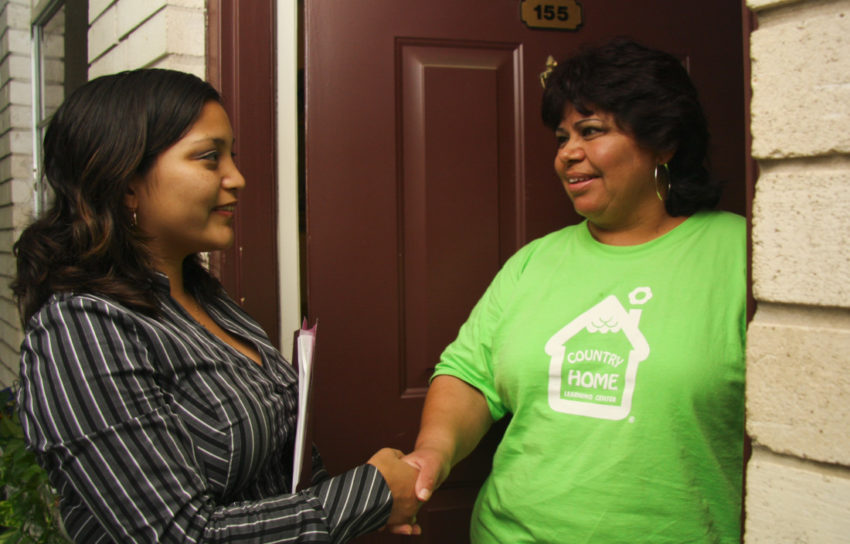For Latinas, Patient Navigation Can Speed Breast Cancer Diagnosis

Extra support for patients, called “patient navigation,” can lead to faster diagnosis for Latinas after an abnormal mammogram result, according to a new study by the Institute for Health Promotion Research (IHPR), part of the School of Medicine at The University of Texas Health Science Center at San Antonio. The study, published this week by the journal Cancer, also suggests that patient navigation should be carefully targeted to have the greatest impact on eventual health outcomes. IHPR researchers worked with partners in the federally funded Redes En Acción: The National Latino Cancer Network to examine the experiences of 425 Latinas in six cities nationwide. Each woman had received an abnormal result in initial breast cancer screening and was referred for further ...
Read More